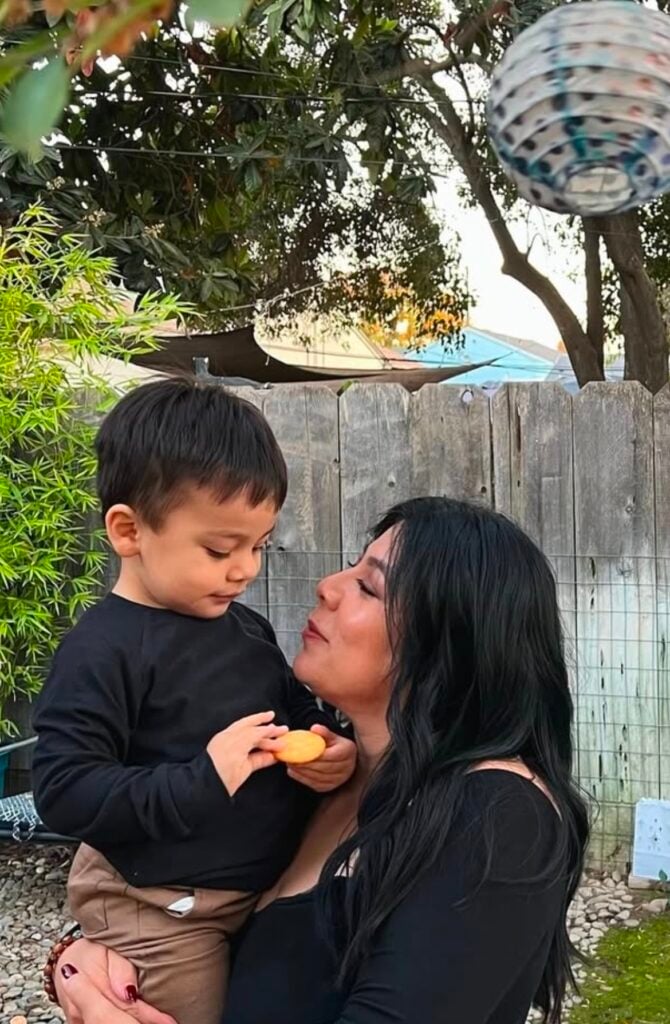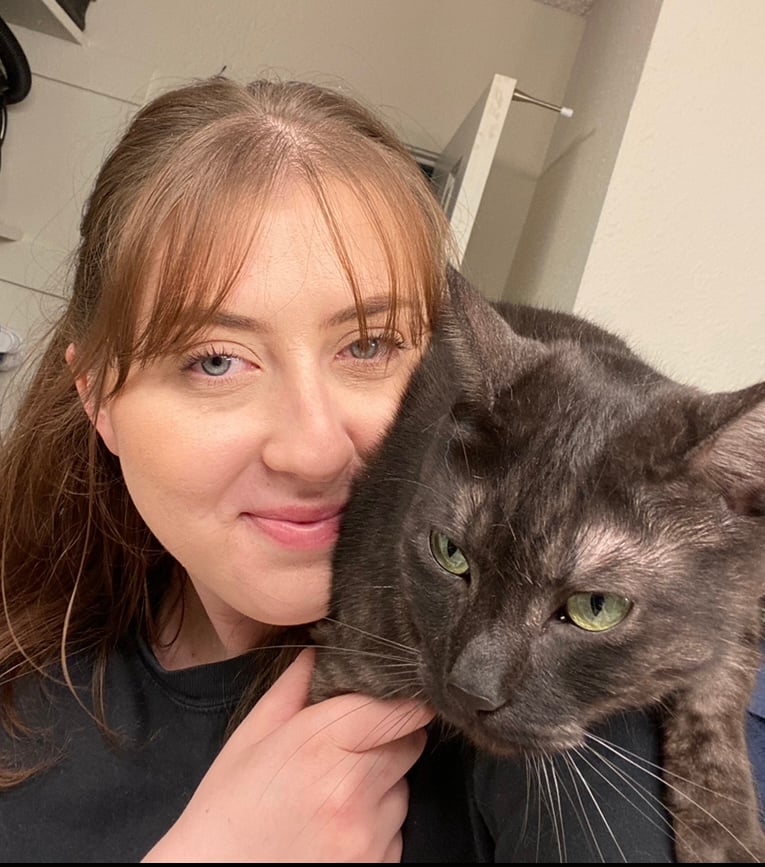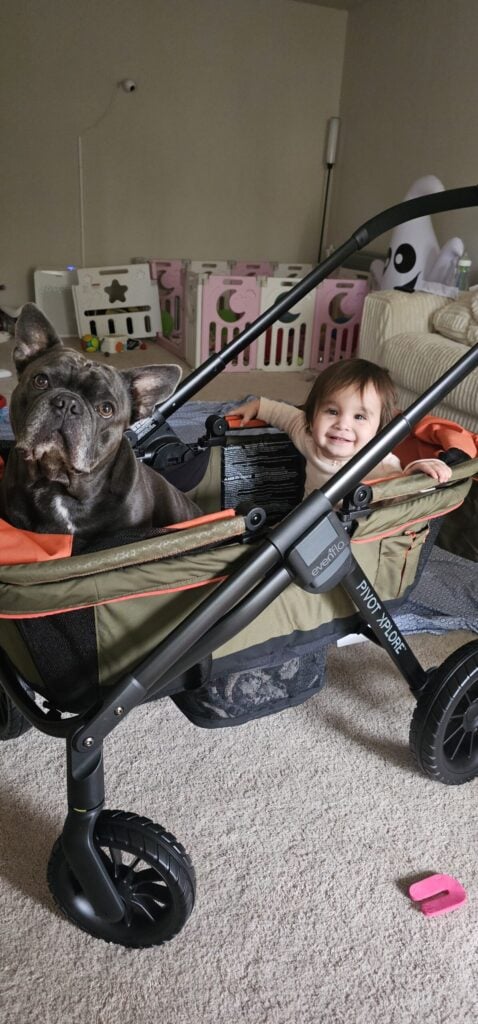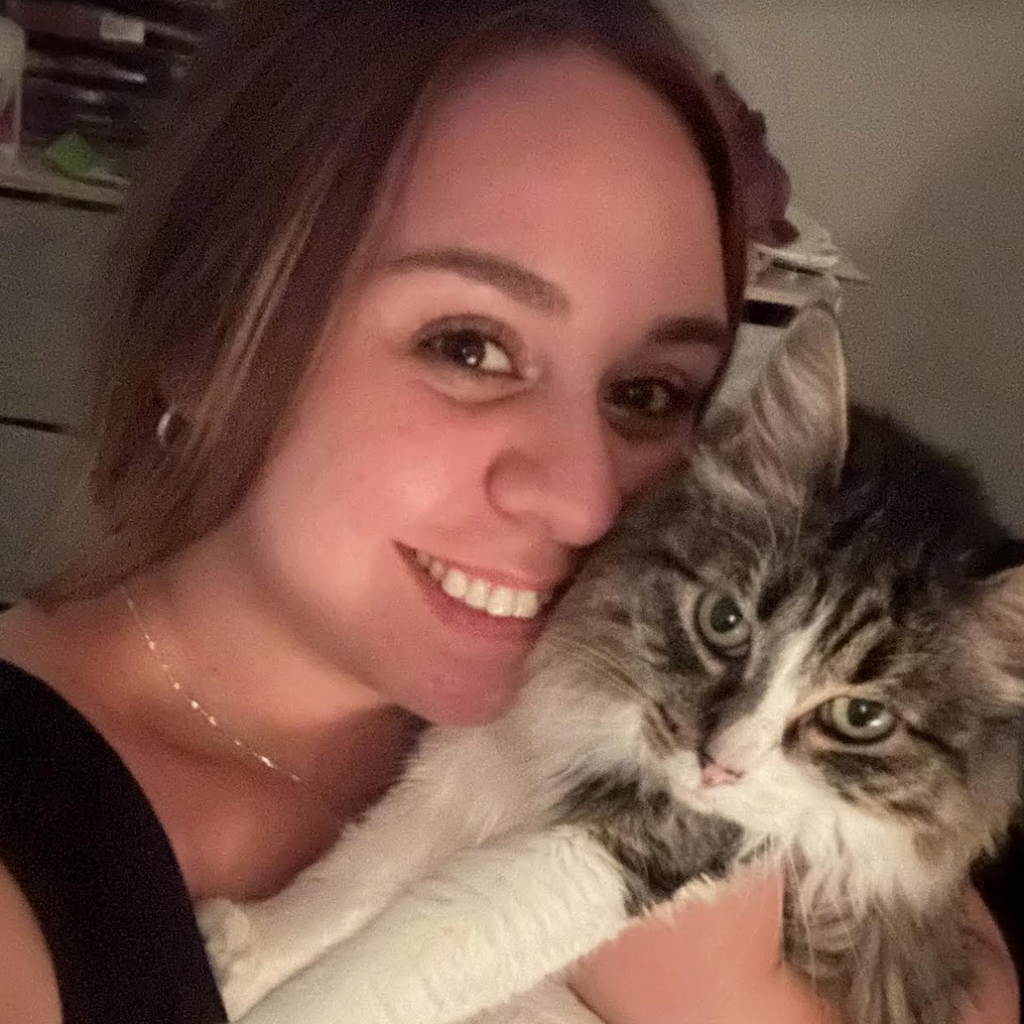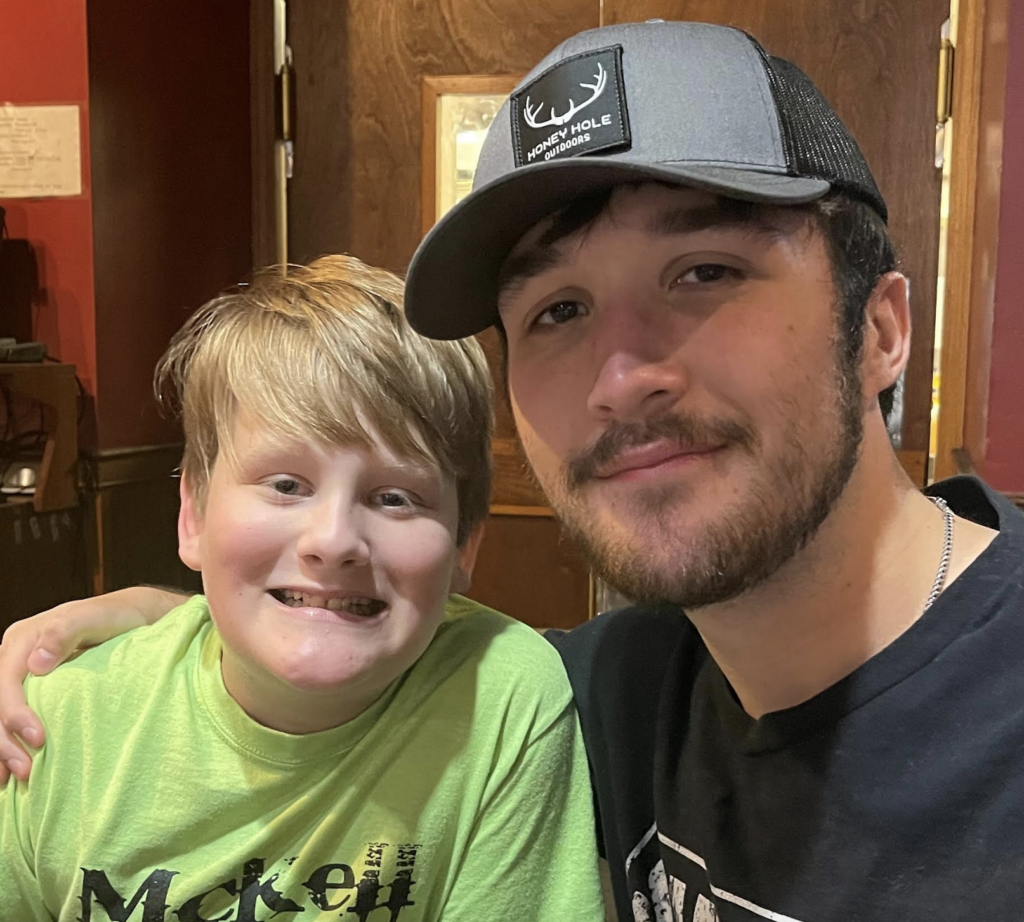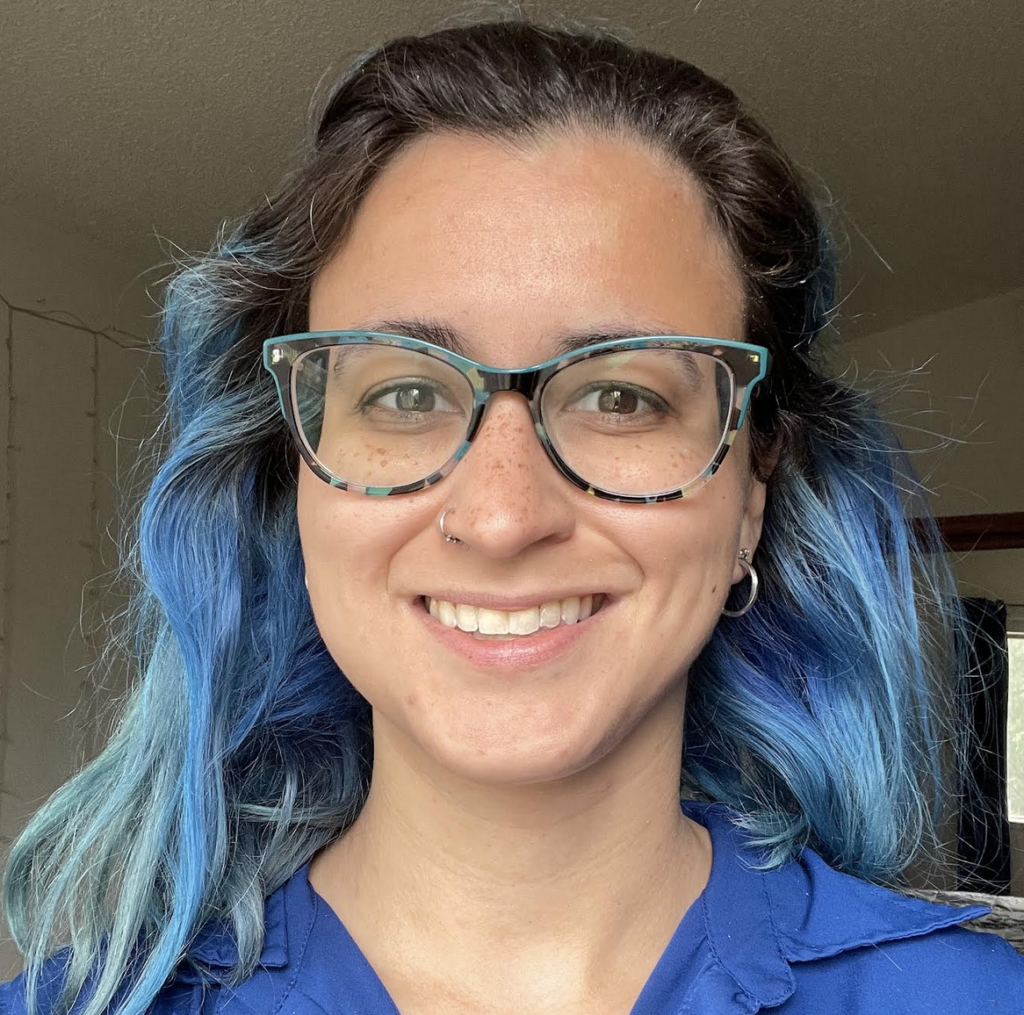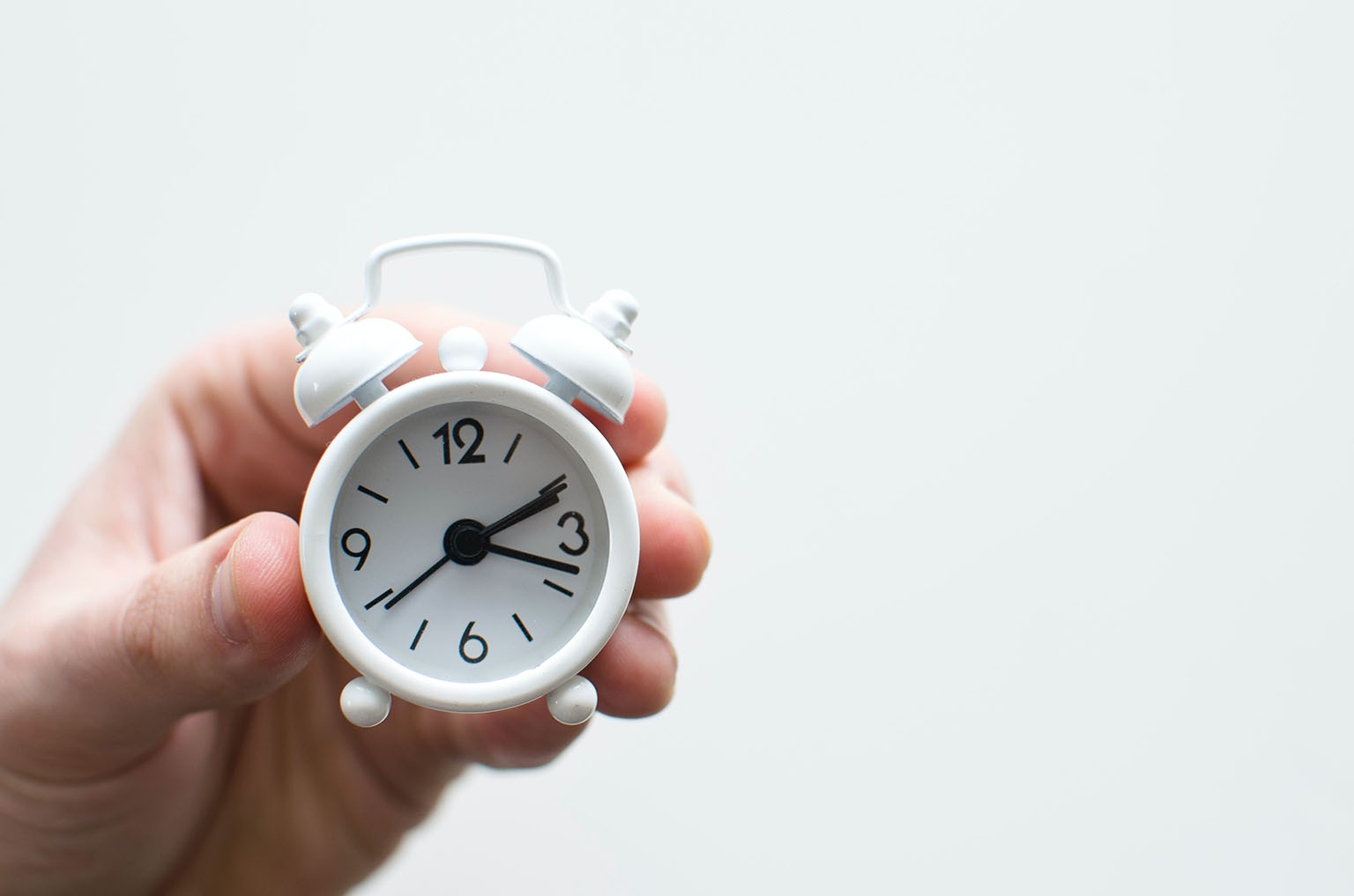
One question parents and grandparents often ask with is what time to put their little ones to bed, to ensure they remain focused and energized.
The old-fashioned notion of sending a child to bed early if they misbehave as a punishment is actually likely to make things worse, in fact most studies suggest kids who are sent to bed too early tend to get distracted, goof off, get hyper and take longer to sleep. Similarly, going to bed too late also has its consequences, with grumpy tired kids who can barely make it through the following day. So, when is the perfect time?
It really depends on age and when you want them to wake up. For example, if you have a 5-year-old who has to wake up at 6:15am, he or she should go to bed at 7:00pm, while a 10-year-old who gets up at 6:15am could stay up until 8:15pm. This is in line with leading research from the American Academy of Pediatrics’, which says that kids ages 3-5 should get 10-13 hours of sleep whereas kids 6-12 are OK with 9-12.
Why bedtime matters most?
We all have a biological clock and our circadian rhythms can help us sleep if we honor them by getting to bed at the right time. In addition, maintaining a consistent bedtime (and wake time) helps keep our internal clock ‘set’ and is a critical part of healthy sleep hygiene.
We know that sufficient sleep is absolutely vital for a child’s health, but recent research has also shown that consistent bedtimes and mealtimes reduce the risk of childhood obesity. One study even found that putting kids to bed early can make for a happier family overall.
Here is a rundown of approved sleep times for all children:
- Infants from 4 to 12 months should get 12 to 16 hours of sleep (including naps)
- Children 1 to 2 years old should get 11 to 14 hours (including naps)
- Kids 3 to 5 should get 10 to 13 hours (including naps)
- Children 6-to-12-year Olds should sleep 9 to 12 hours a night
- Teenagers should get from 8 to 10 hours of sleep a night
First of all, we need to limit screen time before heading to bed. The blue light emitted from screens can delay the release of sleep-inducing melatonin, increase alertness and reset the body’s internal clock to a later schedule.
To be safe, we recommend a curfew that would limit the use of TV, tablets, phones and computers to one or two hours before bedtime.
We at JLD Therapy recommends a consistent bedtime routine. This could include a pre-bedtime bath or shower and a good book. But whatever you choose to incorporate into your bedtime routine, know that a regular routine can set you and your children up for success. And this can start as early as infancy, so the sooner you can establish a routine, the better!


















